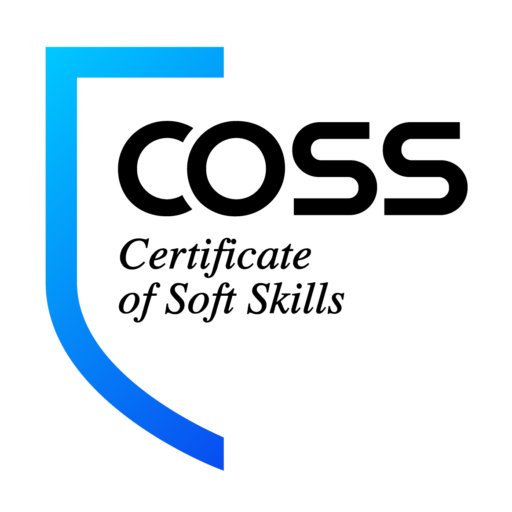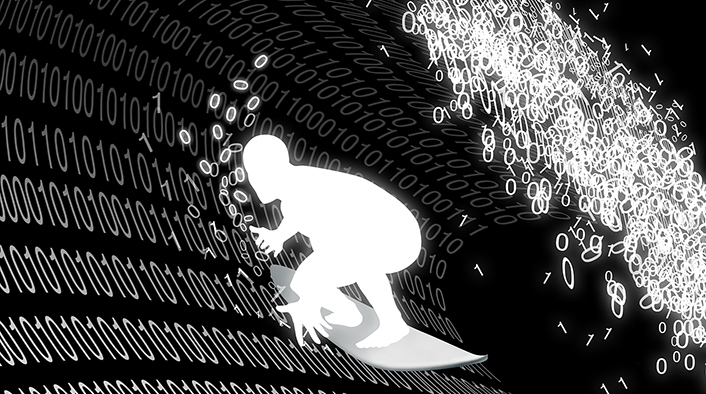
Close


Growing your company’s social media, installing a collaborative platform, developing web applications, using new terminals (tablets and smartphones), migrating services to instant messaging… There are endless digital transformation projects to consider when it comes to business. We need to be able to adapt in order to comfortably and efficiently use the technology required for our work. Employees must be able to use a variety of technologies, appropriately and efficiently across various spaces, locations and situations, so that they can access information, get creative, innovate, problem-solve, communicate, participate, learn, and support others, to name but a few examples!
Tools and practices are quickly evolving, meaning that learning is an ongoing and necessary process. It’s important to learn through experience.
Digital agility covers six key domains:
Productivity and mastering digital tools: Being able to use your computer, a tablet, smartphone, webcam and software to create documents, presentations, and spreadsheets, to edit images or to manage a project. It’s also a question of knowing how to use a calendar and email, as well as social media and video-calling tools to communicate; Downloading files and software/applications, making payments online, managing security and confidentiality settings on your devices.